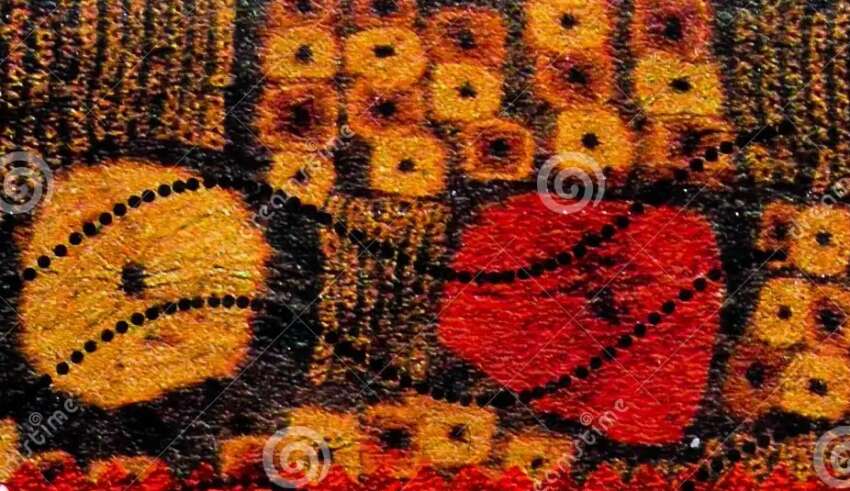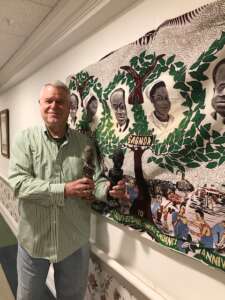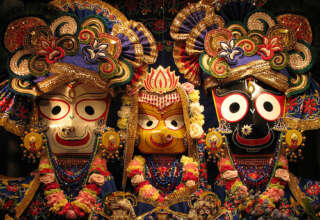
Mark Twain once said that “travel is fatal to prejudice, bigotry, and narrow-mindedness.” Working in another country rather than just traveling in this country is even more fatal to siloed ways of viewing other people and the world.
 The experiences of those women and men who have worked in the Peace Corps exemplify the impact of cross-cultural encounters on those idealistic members of the Peace Corp.
The experiences of those women and men who have worked in the Peace Corps exemplify the impact of cross-cultural encounters on those idealistic members of the Peace Corp.
Tom Leonhardt was one of the first to join the Peace Corp. His experience of working in the African country of Ivory Coast (Côte d’Ivoire) led Tom to devote the rest of his life to public service in the United States and in many other countries around the world.
He was interviewed recently about these experiences in Ivory Coast that continue to linger with him fifty years later. This is the first of a series of interviews with Tom and his impactful cross-cultural encounters.
Here is the interview with Tom Leonhardt.
As done with previous recorded interviews regarding culture and cross-cultural engagements, we offer a brief introduction to the history and culture of Ivory Coast. This introduction is excerpted and edited from a document in Wikipedia regarding this country.
Ivory Coast, also known as Côte d’Ivoire[a] and officially the Republic of Côte d’Ivoire, is a country on the southern coast of West Africa. Its capital city of Yamoussoukro is located in the centre of the country, while its largest city and economic centre is the port city of Abidjan. It borders Guinea to the northwest, Liberia to the west, Mali to the northwest, Burkina Faso to the northeast, Ghana to the east, and the Atlantic Ocean’s Gulf of Guinea to the south. With 31.5 million inhabitants in 2024, Ivory Coast is the third-most populous country in West Africa. Its official language is French, and indigenous languages are also widely used, including Bété, Baoulé, Dyula, Dan, Anyin, and Cebaara Senufo. In total, there are around 78 languages spoken in Ivory Coast. The country has a religiously diverse population, including numerous followers of Islam, Christianity, and traditional faiths often entailing animism.
Before its colonisation, Ivory Coast was home to several states, including Gyaaman, the Kong Empire, and Baoulé. The area became a protectorate of France in 1843 and was consolidated as a French colony in 1893 amid the Scramble for Africa. It achieved independence in 1960, led by Félix Houphouët-Boigny, who ruled the country until 1993. Relatively stable by regional standards, Ivory Coast established close political-economic ties with its West African neighbours while maintaining close relations with the West, especially France. Its stability was diminished by a coup d’état in 1999 and two civil wars—first between 2002 and 2007 and again during 2010–2011. It adopted a new constitution in 2016.







